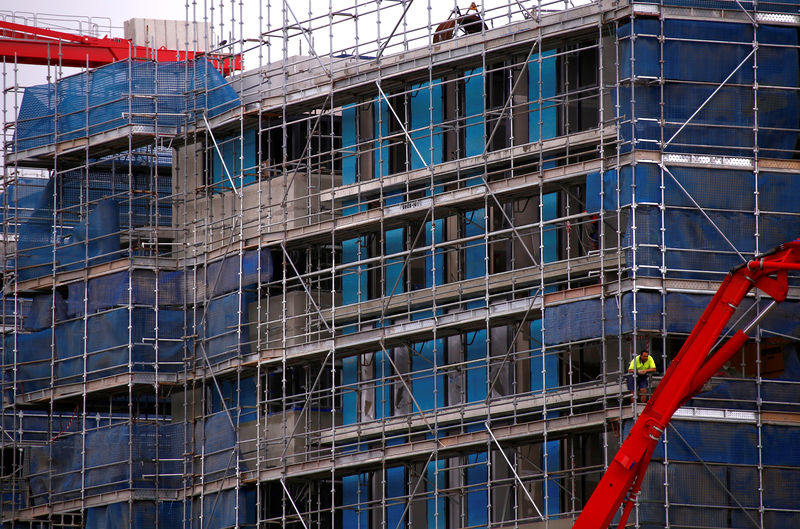By Wayne Cole
SYDNEY (Reuters) - Australia's falling home prices and high levels of household debt are not yet a threat to financial stability, a top central banker said on Wednesday, though there were risks to developers from a glut of new apartments.
In a speech in Perth, Reserve Bank of Australia (RBA) Assistant Governor Michele Bullock also cautioned banks not to go too far in curbing the supply of credit to the economy.
"From a financial stability perspective, prudent lending standards are a good thing," Bullock told a conference on urban planning. "But there needs to be a balance."
"The regulators are not proposing any further tightening in lending standards," she added. "And the appropriate amount of credit risk is not zero – banks need to continue to lend and that will inevitably involve some credit losses."
The banks use of stricter standards on mortgages has been blamed for exacerbating a downturn in home prices, in large part by curbing investment loans.
However, Bullock said evidence suggested it was not so much tighter credit that was driving down prices as a weakening in demand for loans.
Since peaking in mid-2017, house prices across Australia have dropped by around 7 percent, with steeper falls in Sydney and Melbourne.
Bullock said the decline in prices coupled with record high levels of household debt were not as yet a threat to financial stability more broadly.
"The impacts are not large enough to result in widespread problems in the financial sector," she said.
Most of the debt was well secured against property, even with the decline in house prices, and repayments as a share of income remained steady. Arrears rates were low and banks were well capitalized.
"Broadly, the debt is held by households that can afford to service it," said Bullock.
One area of risk was in apartments, where a large amount of new supply was coming on the market that could put further downward pressure on prices.
"Currently, the risks here appear to be elevated but contained," said Bullock.

The bank's liaison suggested that settlement failures had not increased much and some developers were in a position to hold and rent unsold apartments, she added.